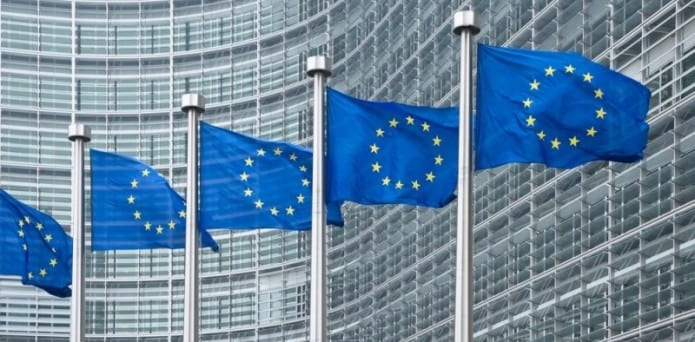Europe just dealt a major blow to net neutrality
On Tuesday afternoon, the European Parliament voted against all new amendments to a bill on the European single market for electronic communications. This has raised fears among civil liberty and net neutrality activists, tech companies and NGOs that the proposals as they currently stand fail to properly protect net neutrality.
In the report which is available here, the European Union voted against new amendments that would have prevented so-called “fast lanes” on the internet, the fundamental premise of net neutrality.
Net neutrality means that all internet traffic should be treated equally. In an utopian world, nobody including large corporations like Facebook should be allowed to pay internet service providers (ISPs) extra money or create separate channels that can open a elitist fast lane to deliver their content or services to customers/users.
Digital equality and net neutrality advocates say that if rich companies are able to pay to prioritize their content, then it stifles innovation from startups and smaller companies that may offer better services. By treating all internet traffic equally, advocates say, everyone has a fair chance of remaining competitive and delivering best results to the end consumer.
Ahead of the vote, a spokesperson for digital rights group EDRi – who has been campaigning for amendments – told Business Insider that the vote is legally binding, and will likely come into effect in November. EDRi says it will attempt to work with European data regulator BEREC to make sure that “the vagueness of the text is resolved.”
Today’s vote, however does not mean that the ISP can fast track certain channels and slow down others. The law prior to the new amendments states that the EU rules do not allow ISPs to slow down internet traffic for companies that do not pay for a fast lane.
However, without today amendments being approved, companies will get a window to pay ISPs for a fast lane. The rules are pretty open, and people who are pro-net neutrality were hoping the EU would tighten up the rules to specifically ban fast lanes.
The tech companies are divided over the issue of net neutrality. Telecom companies and some big internet companies do not like the concept of net neutrality. They say say allowing fast lanes will actually help increase innovation and allow them to deliver better services to their customers over the internet.
While dozens of tech companies like BitTorrent, EyeEm, Foursquare, Kickstarter, Netflix, Reddit, Transferwise, Vimeo, and YPlan have come out in open for pro net neutrality. “These problems jeopardize the future of the startup innovation and economic growth in the EU. They also create barriers for U.S. startups and businesses seeking to enter the EU market,”the letter written by these tech companies reads. “We believe that the future of the open Internet in Europe is at stake and urgent action is warranted.”
Reacting to the vote, MEP Marietje Schaake said that it was a “missed opportunity.” In a statement, the Dutch politician said that “too much attention was given to the interests of national telecom companies and too little to those of internet users and the economy of the future. This has led to vague texts on net neutrality, which compromises the open internet.”

